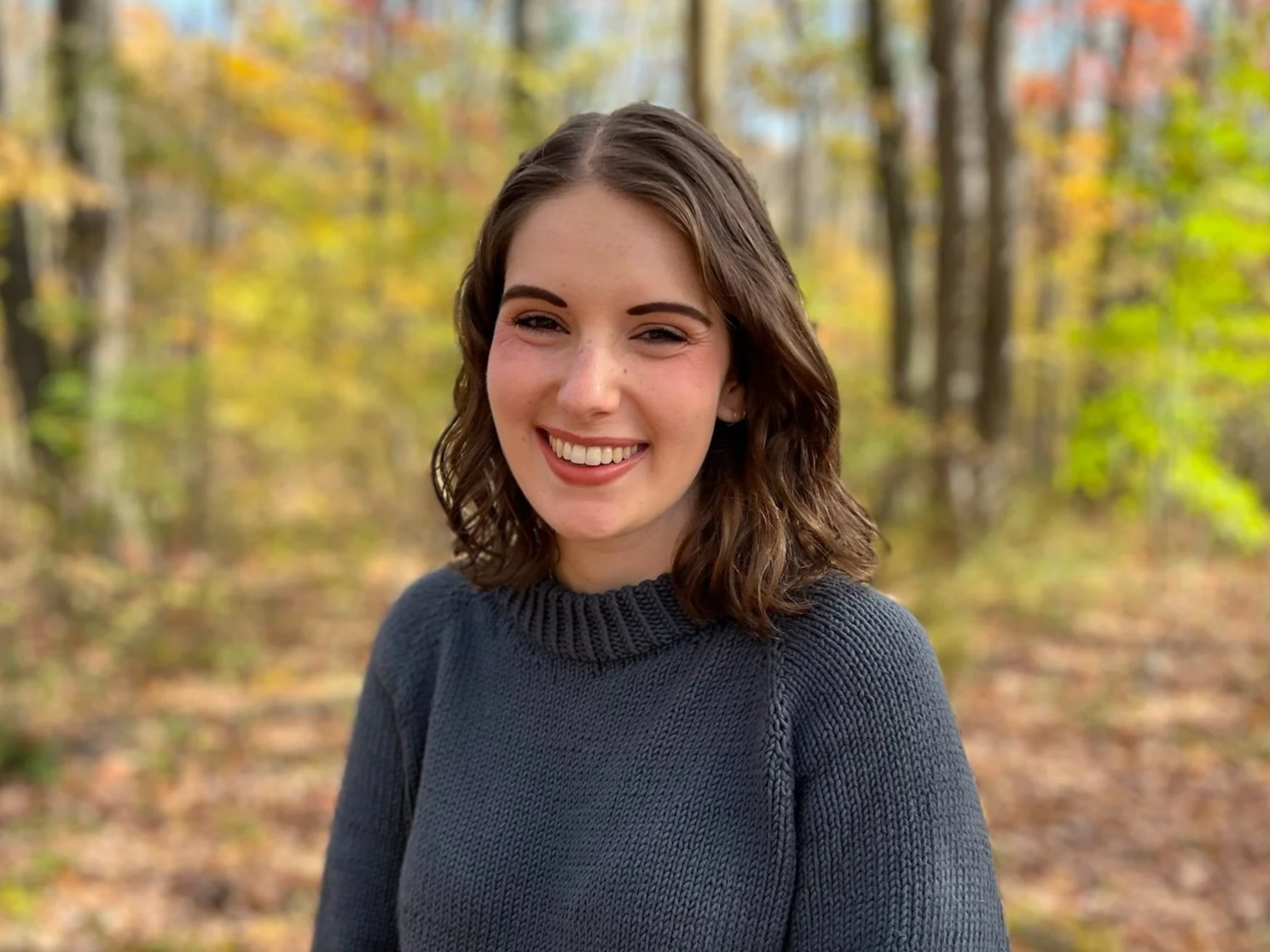Lauren Stock (she/her), a resident of Brooklyn, NY, is a graduate of Wesleyan University where she completed her B.A. in Theater, Sociology, and Dance and graduated with High Honors and as a member of Phi Beta Kappa.
Significantly influenced by her leadership development training and her work as a community organizer, when Lauren is wildly successful as a director, both her team and her audience see her work as something that is values-driven, collaborative, accessible, and prioritizes ensuring that all of her team members are given the support they need to be successful.
Outside of theater, you can usually find Lauren knitting while listening to Sara Bareilles or watching The Good Place over and over again.
Regardless of content, Lauren strives to create work that is inherently accessible for people of all abilities.
On this website, all photos are accompanied by image descriptions (in order for the photo to be read aloud by a screen reader) and all videos have manually-created closed captioning.
Lauren’s work includes research on accessible theater practices with the goal of utilizing the current need to innovate theater practices to become COVID-safe as an opportunity for the performing arts industry to become significantly more accessible to those with disabilities.
Accessibility should not be anything radical; it should be providing people with the resources they need to be successful.
DIRECTOR
As a director and sociologist with a background in leadership development and community organizing, Lauren focuses on using theater as a microcosm for social exploration. Through that lens, she looks at how the theatrical process can serve as a model for leadership and creative-problem solving beyond the rehearsal room. She also prioritizes using methods such as Universal Design to create art that is good for people from idea through process to production.
Lauren thrives most when making theater that works to investigate sociological questions and analyses. Listen to Lauren discuss her joint theater and sociology thesis research on the WESU Thesis It podcast.
Highlights of her work include her directing thesis production of The Curious Incident of the Dog in the Night-Time by Simon Stephens, Constellations by Nick Payne, Proof by David Auburn, & No Chaos by Michael Stock as well as excerpts from Gruesome Playground Injuries by Rajiv Joseph and The Flick by Annie Baker.
ORGANIZER
Complementing Lauren’s priorities of collaborative team work, she believes that just as the best art cannot be created by one isolated individual, it also cannot be created by one isolated community. Working as a core Organizer for the Reform Jewish Youth Movement, Lauren has learned an incredible amount about relational organizing practices. These practical skills are essential to her artistic work, shaping how she leads her teams and how she integrates their work into the larger community.
For Lauren, bringing her work into the world and her world into the work go hand in hand. By organizing her communities she creates increased conversation, creation, and understanding, infusing theater with so much more power and significance than exists in a confined artistic setting. Beyond the actual performances, this work allows for greater engagement and personal connection with the production and the story it tells.
Lauren also spent two years as a Design Specialist, Project Specialist, and occasional In-Home Organizer at The Container Store where she organized everything else in her life :)
LEADER
In all of her work, Lauren’s top priority is being a supportive, intentional, and values-driven leader for her teams, ensuring that every person in her community is set up for personal, communal, and creative success. Knowing her own strengths and areas for growth, Lauren looks to work with others who are equally driven to utilize their strengths and learn from each other. She knows that her best work is always made better by working with others who bring their own ideas to the table and challenge her to make decisions as thoughtfully and intentionally as possible.
Her approach as a leader and collaborator is influenced by the years she spent at the Kutz Camp Leadership Development program as both a participant and staff. From learning to be on and supervise successful teams through a myriad of challenges, she sees communication, adaptation, and vulnerability as key components to working in tandem with her teammates, creating a culture where all team members are encouraged to ask for the support they need to be their most successful and provide the support they can offer to others.
